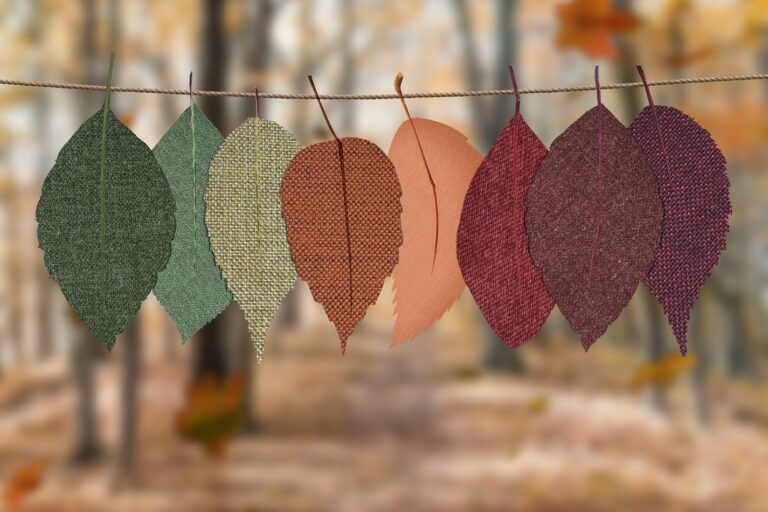how is organic cotton any different from regular cotton?
what exactly is organic cotton?
Organic cotton is a type of cotton that has been grown with sustainability in mind, using more sustainable and environmentally friendly production methods, as well as saving fundamental resources like water in the process.
This type of cotton is made without hurtful synthetic substances and polluting production methods, drastically reducing its carbon footprint, and saving our world from dangerous chemicals that are sometimes used in its production process.
It produces on average 46% less CO2 compared to regular cotton, plus, it uses a lot less water and other resources, with more sophisticated and efficient irrigation techniques that make the most out of every single drop of water.
Overall, this organic version is just like the regular one, except it uses much fewer resources and it takes sustainability into account during the whole process of production.
why is organic cotton different from regular cotton?
As we have seen before, this organic version is much more sustainable, eco-friendly and organic (as its name implies) than regular cotton, but the differences do not end there, as we will see now. Having said this, here are some of the most fundamental differences between organic and regular cotton:
- The organic one is purer, because it is handpicked rather than machine collected, this ensures that its fibers are not damaged at all, remaining soft and intact. Its longer fibers feel a lot softer on the skin and have overall much better quality than regular cotton.
- It avoids the usage of GMOs, using natural seeds that do not contain genetic modifications. Why can GMOs be bad? you may ask, well, because in many cases GMOs are made to resist insects and other plagues, incentivizing these organisms to become even stronger to be able to attack the crops once again.
- It ditches pesticides and other chemicals, used to keep pests and weeds away, these chemicals can have a negative effect on your skin, and can greatly affect people with sensitive or allergic skin reactions. That way your skin can be safe once again without worrying about secondary effects.
- The whole production process is different, from growing the crops to producing industrial fibers, its production is all made with due respect for the environment and the fibers, without using chemicals or other resources that may negatively affect the final product or pollute the environment.
Overall, these are the main differences between these two types of cotton, if you want to learn more in detail about these differences, check Sleep Sherpa’s article on the subject.

is organic cotton worth it?
Yes! Absolutely! Having reviewed the main differences between these two types of cotton the question of is it worth it arises, but the answer to that question has already been answer at the start of this paragraph, and here is the reason why:
By choosing organic you are choosing sustainability, you are reducing your carbon footprint when you purchase a new garment. This is crucial considering the environmental situation we are living in and the catastrophe that will arise if nothing is done when it needs to be done.
Not only that, but you are also choosing a higher quality fabric that not only feels softer and lasts longer but also cares for your skin without damaging it in any way.
Overall, we can say with certainty that organic cotton is definitely worth it and that it is always better than the regular one. However, this does not mean that you shouldn’t ever buy normal cotton, just that the former is preferred.
is regular cotton still a good sustainable option?
We have seen the reasons why organic is better, but we have also said that you don’t have to ditch regular cotton altogether, so having said that, is it still a somewhat sustainable option or not?
Well, the thing is that it depends. For instance, if compared to synthetic materials like polyester or nylon, it is much preferred for one simple reason, biodegradability, while synthetic substances take hundreds of years to decompose, cotton is still a plant product, which means that it easily biodegrades as any other plant.
Not only that but not all is created equal, it all depends on the producer and the garment per se. For example, ring-spun cotton is a soft and high-quality fabric that has some properties that resemble an organic garment.
Overall, we can say that this is still a good option, just that if you have to choose, always pick the organic one, it is much better for the environment and the experience you will have with your garment.

summary
We hope you have learned the differences between these two types of clothing materials, if you want to learn more about sustainability and other fashion-related issues, be sure to check the articles linked below or just check out our blog, you will find a lot of great articles like this one!
We are thrilled to teach people all around the world 🙂 Also, did you really know what Fast Fashion really is and its terrible consequences for the environment, the planet, the workers, society, and the economy? Do you know exactly what the Slow Fashion or Sustainable Fashion movement is? You should really take a look at these articles about this forgotten and unknown but very urgent and important subject, click here to read „Can Fashion Ever Be Sustainable?”, Sustainable Fashion, Ethical Fashion, Slow Fashion or Fast Fashion 101 | How It’s Destroying Our Planet because knowledge is one of the most powerful strengths you can have, while ignorance is your worst weakness.
We also have a big surprise for you! Because we want to give you the right to know us better, we have prepared a carefully dedicated About Us page where we will tell you who we are, what our mission is, what we do, a closer look at our team, and many more things! Do not miss this opportunity and click here to check it out. Also, we invite you to take a look at our Pinterest, where we will pin everyday sustainable fashion-related content, clothing designs, and other things that you will surely love!
Spread the message:
- Click to share on Pinterest (Opens in new window) Pinterest
- Click to share on X (Opens in new window) X
- Click to share on Facebook (Opens in new window) Facebook
- Click to share on WhatsApp (Opens in new window) WhatsApp
- Click to share on Reddit (Opens in new window) Reddit
- Click to share on Telegram (Opens in new window) Telegram
- Click to share on LinkedIn (Opens in new window) LinkedIn
- More
